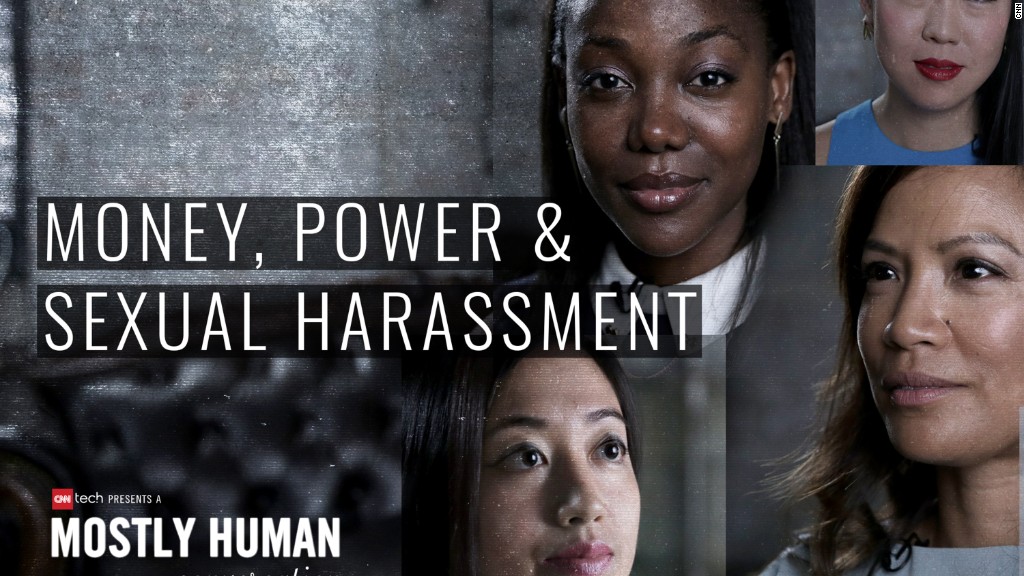
"Should you fire a sexual harasser?" is one question.
But "How do you not hire one to begin with?" is a better one.
In the wake of sexual assault and harassment allegations against Harvey Weinstein, James Toback, Mark Halperin and other prominent men, more leaders are considering asking these questions of their own organizations.
Related: How to fight 'subtle sexism' in the office
Company culture starts right on the front lines -- the hiring process.
It's important to be particularly observant during a job interview, according to Adam Ochstein, founder and CEO of StratEx, a national human resources consulting and software firm. When he interviewed candidates at past workplaces, he made a point of talking to many people in the office about their perceptions of the interviewee.
"Look at how they treat different administrative help as they're navigating through the interview process," he says. "I'd always ask the receptionist, him or her, 'How did they treat you while they were waiting for the interview? Were they dismissive? Did they show respect?'"
And he'd also take the candidate out to lunch -- another chance to observe how the interviewee interacts with others.
"Ask yourself: 'How are they treating a waitress or waiter? How are they treating people in the restaurant? Do they have wandering eyes?'" he says.
While it can be difficult to cut through the facade that most job candidates put on for a formal interview, Ochstein believes in trusting your gut.
"If your gut feeling is validated by other people -- 'Yeah, that felt a little bit creepy or off' -- and it's validated by things you saw during that [interview] process, it's not even worth the risk."
Simply involving women in the interview process, while a good first step, isn't always an easy solution, says Jennifer Kim, previously head of employee experience at Lever, a recruiting software company.
"With sexual harassment, it could be a random creep or it could be your CEO or your manager," Kim says. "We cannot rely on 'We put a woman on. She'll magically use her womanly senses to say 'Oh yeah, that's a sexual harasser.' What if everybody else loved that candidate and the one woman was like, 'Hey, I got some weird vibes?""
Related: The problem with the lack of female leaders
On the front-end, Kim says, companies can publicly adopt zero-tolerance harassment policies that signal to potential bad actors that these workplaces won't harbor harassers or overlook misconduct.
"You don't have to put on your website in large, blinking letters, 'No sexual harassment allowed here' -- that's not a realistic expectation," she says. "However, people are looking before they apply, and the signals they get about the gender balance, what women say about working there, what the Glassdoor reviews say -- people can tell where they're less likely to get away with their sh--."
In the startup world, the second or third hire can have tremendous influence on company culture, according to Matt Birnbaum, owner of Upstart Talent, a boutique recruiting agency in San Francisco.
He suggests leaders and founders keep that in mind when hiring for those positions. They may say they want a technical whiz or a coding genius -- but they also need to think about how a person will set office expectations and company culture.
"The companies that value hiring the most are willing to let a 'great' potential employee walk out the door, because they aren't a right fit in one area," Birnbaum says.
CNN will host a town hall on sexual harassment Thursday at 9pmET. What questions would you like us to address? Please contact us using #MeTooTownHall or Text, iMessage or WhatsApp 347-322-0415
